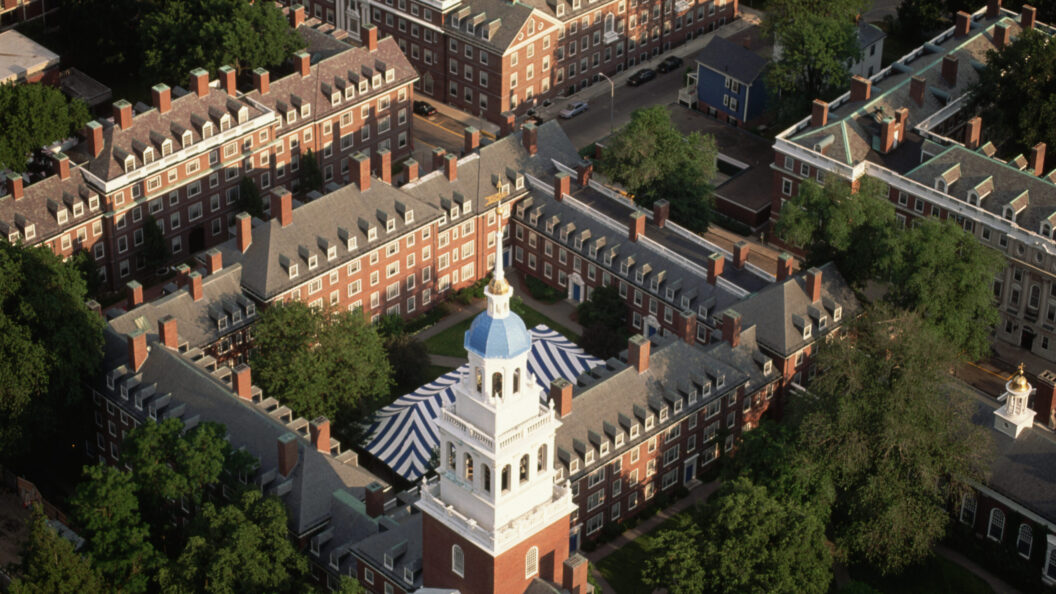Harvard Funding Battle: Government Letter Raises Concerns
The ongoing confrontation between the Trump administration and Harvard University has escalated with a recent communication from the U.S. Department of Education. A letter from Secretary of Education Linda McMahon announced that Harvard would not receive further research grants, citing what the administration describes as a systematic pattern of violations of federal law. The letter implies the possibility of restoring funding contingent upon Harvard’s adherence to federal law. However, the conditions demanded have transcended typical legal requirements.
Contentious Communication
The tone of McMahon’s letter has drawn criticism for its erratic and accusatory nature, with many observers noting its resemblance to a "culture war rant." Rather than clearly articulating the specific terms for funding reinstatement, the letter primarily focuses on a wide array of grievances against the university. It opens with a provocative statement questioning the integrity of Harvard’s admissions processes and its approach to education. A notable excerpt reads:
"Instead of using these funds to advance the education of its students, Harvard is engaging in a systemic pattern of violating federal law. Where do many of these ‘students’ come from, who are they, how do they get into Harvard, or even into our country—and why is there so much HATE?"
This rhetoric raises questions about the direction of the government’s expectations. Does Harvard need to provide answers to these sweeping inquiries in order to restore its funding? The letter offers little clarity on this point.
A Tangent of Grievances
As the letter progresses, it becomes increasingly meandering, shifting topics rapidly and complicating the understanding of the funding situation. For instance, it criticizes a COVID-era remedial math course designed to address academic deficiencies in incoming students, indicating a belief that such a course contradicts Harvard’s reputation for excellence. Additionally, the resignation of Harvard’s former president and the university’s faculty hiring practices are called into question, with pointed comparisons made to "hiring the captain of the Titanic to teach navigation."
These critiques reflect a broader dissatisfaction with higher education, particularly among certain political factions that perceive elite institutions like Harvard as out of touch with societal values and needs.
Looming Financial Implications
The implications of this conflict are significant, particularly in light of the billions of dollars in funding at stake. Harvard’s access to federal research grants plays an essential role in supporting various academic pursuits and research initiatives. This new development raises critical questions about academic freedom, the role of government in higher education, and the potential chilling effect of political influence on scholarly work.
Context and Background
The current discord stems not only from the administration’s policies but also from a broader cultural clash regarding the role of elite universities in American society. Supporters of the administration argue that institutions like Harvard need to be held accountable for their actions and funding usage. Conversely, opponents raise concerns about the implications for academic independence and the potential for government overreach into education.
Conclusion: The Significance of Academic Independence
The skirmish between the Trump administration and Harvard University underscores a shift in the traditional relationship between government and academic institutions. This letter marks a pivotal moment that raises questions about the future of federal funding for universities. As this saga unfolds, the broader implications for academic independence, research integrity, and the shaping of educational policy remain poignant. The direction taken by Harvard in response to these demands could significantly reshape the landscape of higher education in America, with repercussions felt well beyond the confines of its campus.









